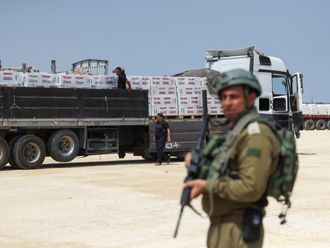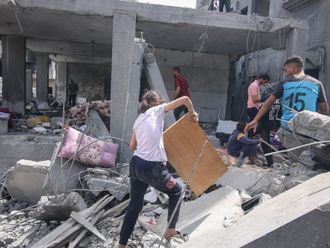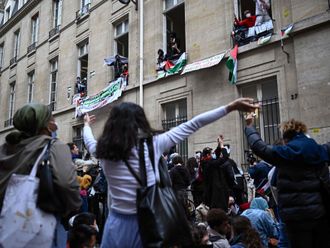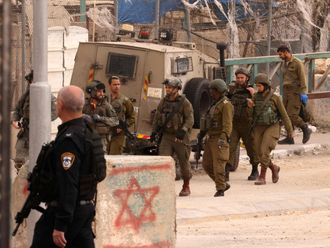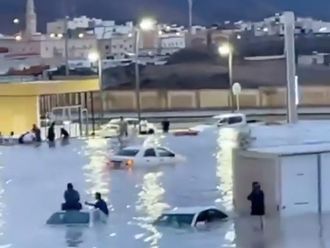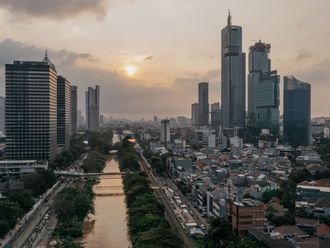Cairo: To William Saleeb, a Coptic medical student, it does not matter who will be chosen as the new pope of the Orthodox Coptic Church. Like many of Egypt’s Christian minority, Saleeb wants one certain thing from the new pontiff. “He has to assert the Copts’ rights in their homeland [Egypt] where Islamists are acting as though they were the only ones living in the country,” Saleeb told Gulf News.
Three candidates are vying to succeed the charismatic Pope Shenouda III, who died in March after leading the Church for more than four decades. The contenders are Bishop Rafael, 54; Bishop Tawdros, 60; and Father Rafael Afamena, a 70-year old monk. The names of the three will be written on pieces of paper and put inside a glass box in Cairo’s main cathedral on Sunday where a mass will be held before a blindfolded child picks the name of the winner.
The new pope, the Church’s 118th, will take over at a time when Islamists led by the Muslim Brotherhood are in command. Christians, who account for around 10 per cent of Egypt’s population, have been increasingly worried about their status since a popular uprising toppled long-standing president Hosni Mubarak in February last year and propelled Islamists into the spotlight.
The Brotherhood’s Mohammad Mursi became in June Egypt’s first elected civilian and Islamist president. Despite Mursi’s repeated pledges to protect Christians’ rights, they feel apprehensive.
“Islamists continue to discriminate against Christians in their sermons and behaviour. They force Copts to leave their home towns. State authorities turn a blind eye to all this,” said Saleeb.
“At the same time, Islamists are obviously trying to have the final say in drafting the new constitution and marginalising all other powers, including Christians. The new pope should put an end to all this absurdity.”
Egypt’s Christians long complained about discrimination in holding senior state posts and building places of worship. In October last year, 27 people, including 23 Christians, were killed outside the state TV building in Cairo during a protest over the destruction of a church, which authorities said was unlicensed.
“In view of the rise of political Islamism and the emergence of a religious state [in Egypt], it is hard for the Church to ignore the political scene,” said Joseph Malak, a Coptic head of a non-governmental rights group in Cairo. “The Church will have to play a role to protect the basic needs of Copts including the right to practise their faith,” he added.
To Tharwat Fayez, a Coptic activist, the new pope has an immediate task. “He should prod the state authorities to bring to justice the killers of Christians starting with the bombing of the Two Saints Church in 2011 until the brutal crackdown on protesters outside the television building,” he told this newspaper.
At least 21 people were killed in a 2011 New Year attack on the Two Saints Church in the Egyptian city of Alexandria. The Mubarak regime blamed the assault on militants linked to Al Qaida.


